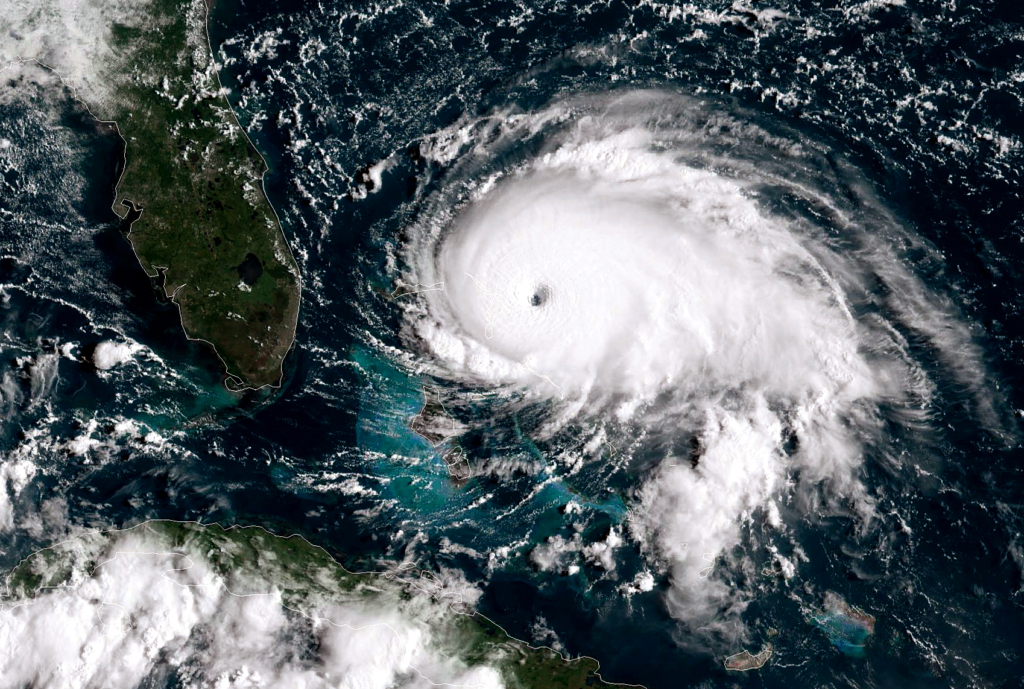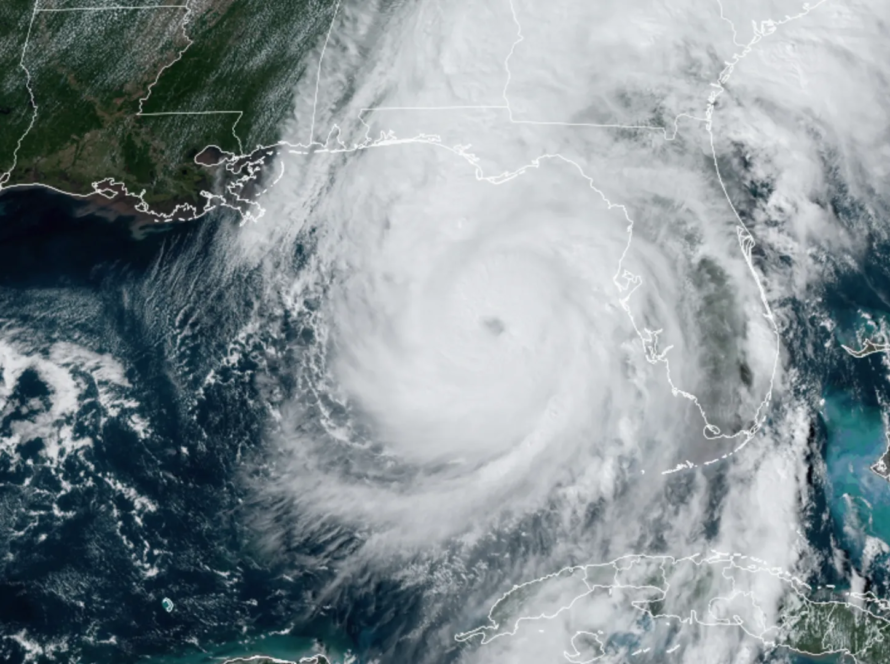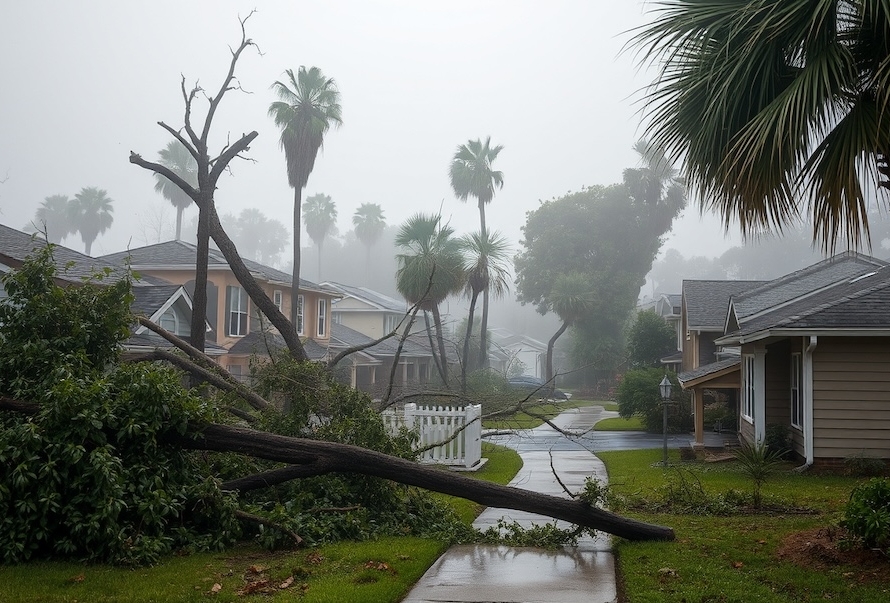
Preparing Your Home for Hurricane Season
As the 2024 hurricane season approaches, it’s crucial to take proactive steps to protect your home and ensure your family’s safety. Hurricanes can cause significant damage, but with proper preparation, you can minimize the risks and safeguard your property. Here are some essential tips to get started.
1. Secure Windows and Doors One of the most vulnerable parts of your home during a hurricane is its windows and doors. Installing storm shutters or impact-resistant windows can provide a strong line of defense against high winds and flying debris. If you don’t have these, consider boarding up windows with plywood as a temporary measure. Additionally, reinforce doors with heavy-duty deadbolts and ensure that all exterior doors have at least three hinges and a solid core.
2. Clear Your Yard Loose objects in your yard can become dangerous projectiles during a hurricane. Trim trees and shrubs to reduce the risk of branches breaking off and causing damage. Secure outdoor furniture, grills, and other items or bring them indoors. Cleaning gutters and downspouts will also help prevent water buildup and reduce the risk of flooding.
3. Create an Emergency Kit Having a well-stocked emergency kit is essential for hurricane preparedness. Your kit should include essentials such as water, non-perishable food, medications, flashlights, batteries, a first aid kit, important documents, and cash. Make sure to have enough supplies to last at least 72 hours. Additionally, consider including items like a portable phone charger, a battery-powered radio, and personal hygiene products.
4. Review Your Insurance Policy Before the storm hits, review your homeowners insurance policy to ensure you have adequate coverage for potential hurricane damage. Pay special attention to your policy’s deductible and coverage limits. If necessary, consider purchasing additional flood insurance, as standard homeowners policies typically do not cover flood damage.
5. Develop an Evacuation Plan In the event of a mandatory evacuation, having a clear plan can make a significant difference. Know your evacuation routes and have a designated meeting place for family members. Make arrangements for pets, as not all shelters accept animals. Keep your car’s gas tank full and have an emergency bag packed and ready to go.
By taking these steps, you can help protect your home and family from the impact of hurricanes. Stay informed about weather updates and follow the advice of local authorities to ensure you are as prepared as possible.
Schedule a FREE Consultation.
Submit your case details swiftly through our contact form for Payne Law’s prompt review and response.
Error: Contact form not found.



